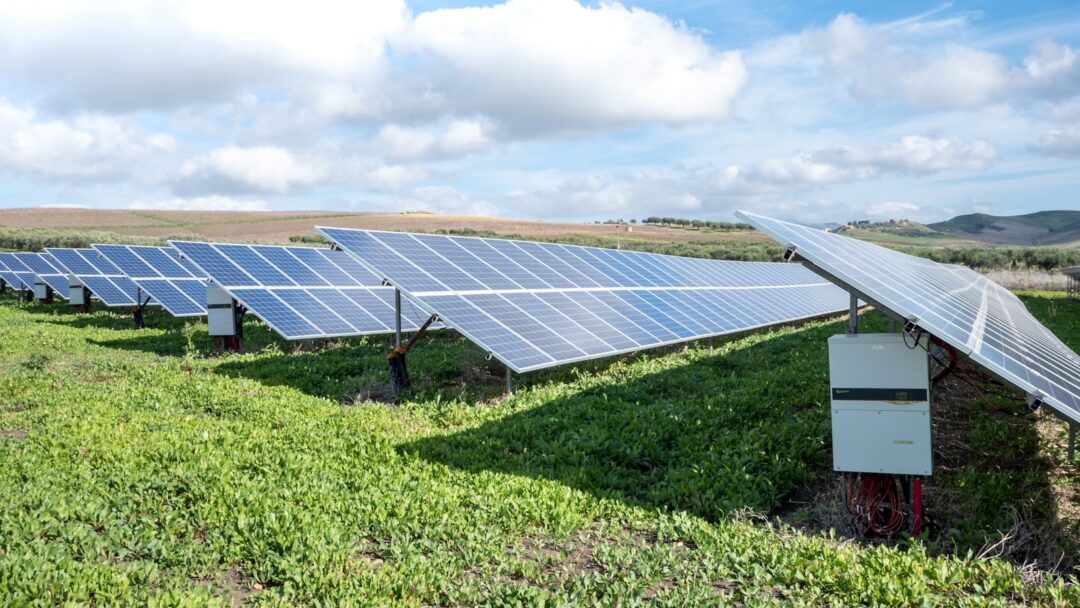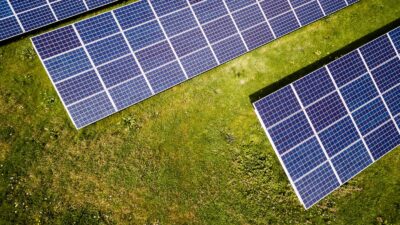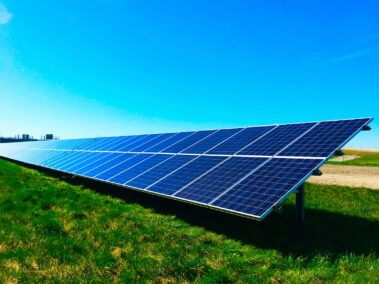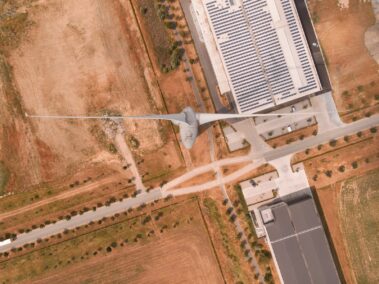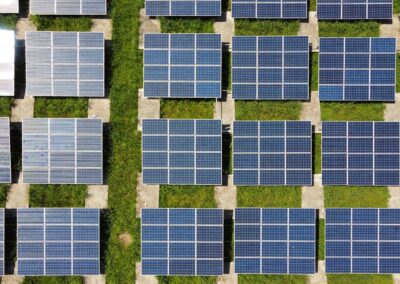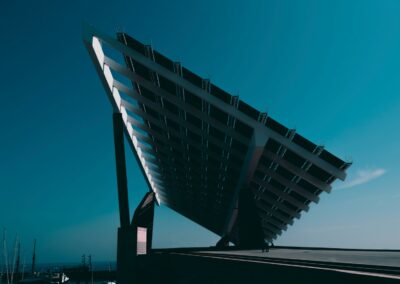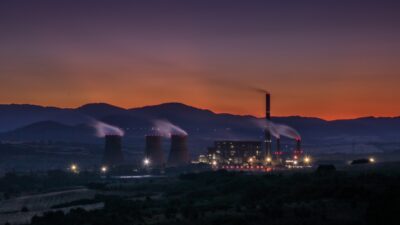Revolutionizing Energy Storage for Sustainable Energy Systems
Introduction to Sustainable Energy Systems in the Middle East
In the dynamic regions of Saudi Arabia and the UAE, sustainable energy systems have become a cornerstone of modern development strategies. These nations are investing heavily in renewable energy to diversify their economies and ensure long-term environmental sustainability. As part of this initiative, innovations in energy storage technologies are critical. With cities like Riyadh and Dubai leading the charge, the Middle East is poised to become a global leader in sustainable energy.
Saudi Arabia’s Vision 2030 and the UAE’s Energy Strategy 2050 highlight the importance of sustainable energy systems in reducing carbon footprints and enhancing energy efficiency. Both strategies emphasize the integration of cutting-edge technologies to create resilient energy infrastructures. By leveraging advanced energy storage solutions, these nations aim to address the intermittent nature of renewable energy sources like solar and wind, ensuring a stable and reliable energy supply.
The evolution of energy storage technologies, such as lithium-ion batteries, flow batteries, and solid-state batteries, is transforming the landscape of sustainable energy systems. These advancements are crucial for managing the energy produced from renewable sources, enabling storage during periods of low demand and distribution during peak usage. This capability is essential for maintaining grid stability and meeting the growing energy needs of expanding urban populations.
Innovations Driving Sustainable Energy Systems
At the heart of sustainable energy systems are innovations in energy storage that are reshaping how energy is stored and utilized. The Middle East is witnessing significant advancements in this sector, driven by both government initiatives and private sector investments. These innovations are not only enhancing energy efficiency but also paving the way for more sustainable and resilient energy infrastructures.
One of the most promising developments is the adoption of advanced battery technologies. Lithium-ion batteries, known for their high energy density and long cycle life, are increasingly being used in large-scale energy storage systems. These batteries are essential for storing excess energy generated from solar and wind farms, ensuring that renewable energy can be harnessed even when the sun isn’t shining or the wind isn’t blowing. This capability is crucial for achieving a balanced and reliable energy grid.
Flow batteries and solid-state batteries are also gaining traction as part of the sustainable energy systems framework. Flow batteries, with their ability to provide large-scale energy storage for extended periods, are particularly suited for grid applications. Solid-state batteries, on the other hand, offer enhanced safety and longevity, making them ideal for both stationary and mobile energy storage solutions. These technological advancements are instrumental in addressing the energy storage challenges faced by rapidly developing regions like Riyadh and Dubai.
Executive Coaching and Change Management for Sustainable Energy Success
For business executives and mid-level managers in the energy sector, navigating the complexities of sustainable energy systems requires not only technical expertise but also strong leadership and effective change management skills. Executive coaching services are becoming increasingly important in this context, providing leaders with the tools and strategies needed to drive sustainable energy initiatives successfully.
In the Middle East, where large-scale renewable energy projects are being implemented, executive coaching can help leaders manage the transition to sustainable energy systems. This involves fostering a culture of innovation, encouraging collaboration, and developing strategic thinking. Effective communication is also crucial, as leaders need to articulate the benefits of sustainable energy projects to stakeholders, including government bodies, investors, and the general public.
Change management plays a pivotal role in the successful implementation of sustainable energy systems. It involves managing the human side of change, ensuring that employees are engaged and motivated throughout the transition process. By leveraging executive coaching services, organizations can equip their leaders with the skills needed to navigate the challenges of change, drive continuous improvement, and achieve long-term business success in the sustainable energy sector.
The Role of Artificial Intelligence and Blockchain in Energy Management
Artificial Intelligence (AI) and blockchain technology are revolutionizing sustainable energy systems by enhancing energy management and operational efficiency. These technologies offer innovative solutions for optimizing energy production, storage, and distribution, making them indispensable tools for the future of sustainable energy.
AI algorithms can analyze vast amounts of data to predict energy demand patterns, optimize the operation of renewable energy sources, and enhance grid stability. In Saudi Arabia and the UAE, AI-driven energy management systems are being deployed to maximize the efficiency of solar and wind farms, ensuring that energy production aligns with consumption needs. This capability is essential for minimizing energy waste and reducing operational costs.
Blockchain technology, with its decentralized and secure nature, is transforming the way energy transactions are conducted. Blockchain can facilitate peer-to-peer energy trading, allowing consumers to buy and sell excess energy directly. This technology is particularly beneficial for integrating distributed energy resources into the grid, promoting the use of renewable energy at a local level. In cities like Riyadh and Dubai, blockchain-enabled platforms are being explored to create transparent and efficient energy markets, supporting the broader goals of sustainable energy systems.
Generative Artificial Intelligence and the Metaverse in Energy Sector Innovation
The emergence of Generative Artificial Intelligence (GAI) and the Metaverse is opening new frontiers for innovation in sustainable energy systems. GAI, with its ability to create new data and simulate complex scenarios, is being used to optimize energy systems and develop more efficient storage solutions. The Metaverse, a virtual environment, offers a platform for collaborative innovation and training in the energy sector.
GAI can simulate various energy storage configurations and predict their performance under different conditions. This capability is invaluable for designing energy systems that maximize efficiency and reliability. In the Middle East, where large-scale renewable energy projects are underway, GAI is being used to enhance the design and operation of energy storage systems, ensuring they meet the region’s unique environmental and energy needs.
The Metaverse provides a virtual space for energy professionals to collaborate, experiment, and train. By simulating real-world scenarios, the Metaverse allows for the testing of new technologies and strategies in a risk-free environment. This is particularly useful for training leaders and managers in the energy sector, helping them develop the skills needed to drive innovation and manage complex projects. As sustainable energy systems become more sophisticated, the Metaverse will play an increasingly important role in fostering the next generation of energy leaders.
Conclusion: Embracing the Future of Sustainable Energy Systems
In conclusion, the advancements in sustainable energy systems and energy storage technologies are crucial for achieving a sustainable future. The Middle East, with its ambitious renewable energy goals and innovative projects, is at the forefront of this transformation. By leveraging cutting-edge technologies like AI, blockchain, GAI, and the Metaverse, Saudi Arabia and the UAE are setting new standards for sustainable energy development.
The integration of these technologies requires strong leadership, effective change management, and a commitment to continuous improvement. Executive coaching services play a vital role in equipping leaders with the skills needed to navigate the complexities of the energy transition, ensuring the successful implementation of sustainable energy systems.
As we move forward, it is essential to continue investing in research and development, fostering collaboration between the public and private sectors, and promoting a culture of innovation. By embracing these principles, we can create a sustainable energy future that benefits both the environment and the economy, paving the way for a cleaner, more resilient world.
#SustainableEnergy #EnergyStorage #RenewableEnergy #SaudiArabia #UAE #Riyadh #Dubai #ArtificialIntelligence #Blockchain #GenerativeAI #Metaverse #Leadership #ChangeManagement #ExecutiveCoaching #BusinessSuccess #EnergyInnovation

